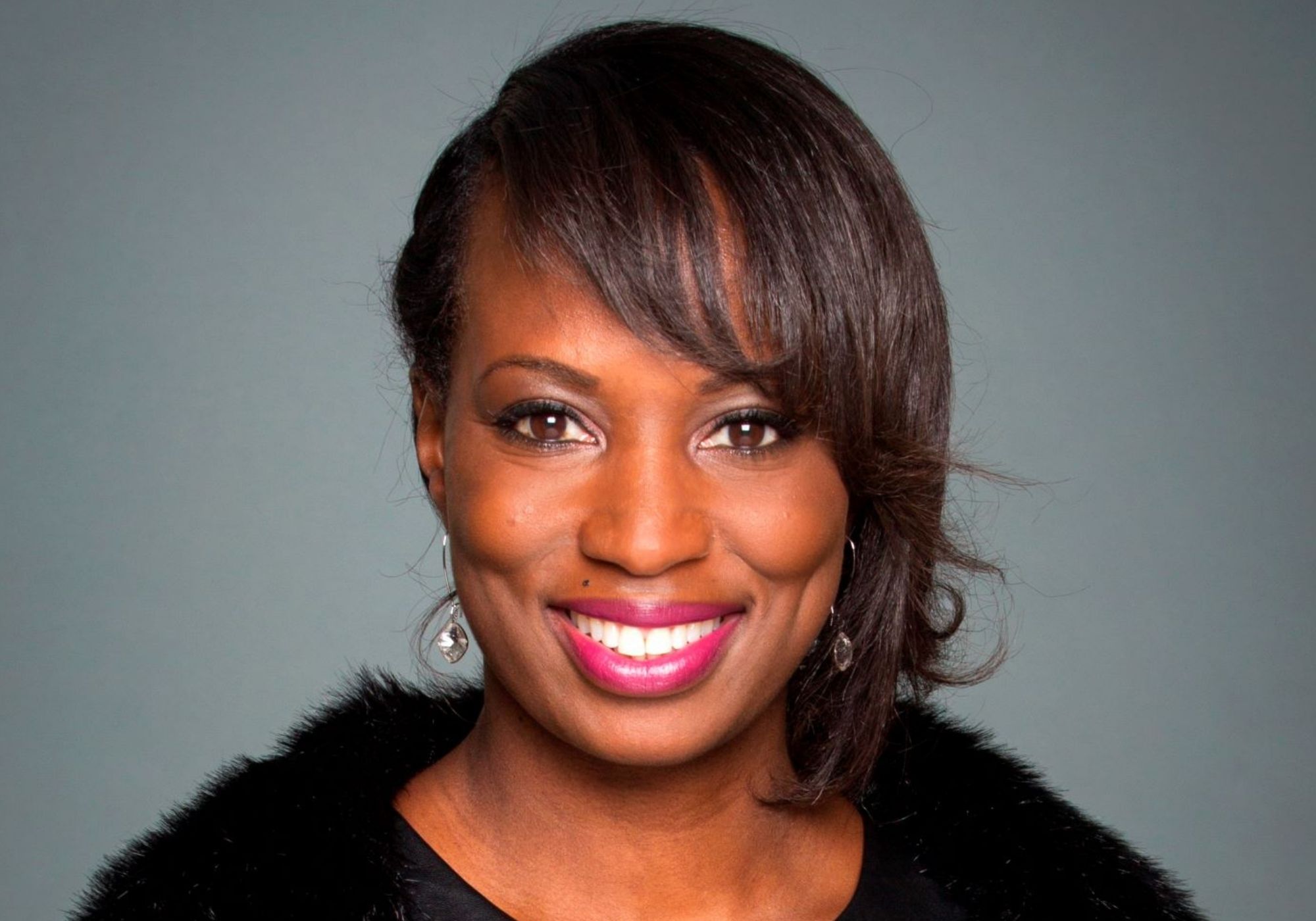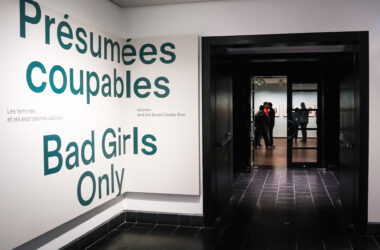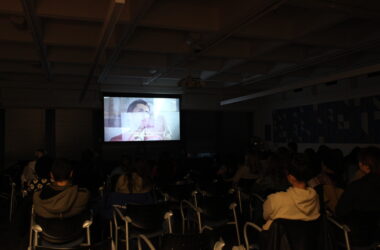On Feb. 12, the West Island Black Community Association (WIBCA) hosted a virtual book launch for Can You Hear Me Now?, the memoir of businesswoman and former Member of Parliament (MP) Celina Caesar-Chavannes. Caesar-Chavannes, the first Black person representing Whitby, Ontario, in Parliament, was among the most outspoken Liberals and later Independents during her tenure, advocating for causes like mental health, international development, and gender and racial equity in the House. Her commitment to humanity-based governing principles brought her acclaim as Secretary to the Prime Minister and as Minister for International Development, yet that principled commitment ultimately caused her to leave the Liberal caucus and choose not to run for re-election in 2019. Can You Hear Me Now? explores Caesar-Chavannes’ mistakes, guilt, and pain in the creation of a call to action.
The launch began with a set by DJ Don Smooth Garrett, which introduced the hosts and Caesar-Chavannes into the groove of Marvin Gaye, Al Green, and Stevie Wonder. But it was Sam Cooke’s “A Change Is Gonna Come” that aptly introduced the author.
The conversation between Caesar-Chavannes and moderator Fimo Mitchell, a Montreal meditation coach, covered her memoir and beyond, delving into topics like Caesar-Chavannes’ childhood, career, and love for Prince.
Like her public service, Caesar-Chavannes’ memoir is a work of authenticity, and writing it pushed her to pen several letters to family members informing them of its unflinching content. Caesar-Chavannes and Mitchell spoke about the former’s upbringing. Having immigrated to Canada from Grenada as a toddler, she noted memories of her parents taking care of her through her childhood.
Her description of her mother’s tough parenting outlines Caesar-Chavannes’ need to show realities of Black motherhood coupled with the immigrant experience.
“It’s not the soft and squishy that sharpens me,” Caesar-Chavannes said. “I feared her while she feared for me [….] She treated me in a way that she knew the world would.”
Caeser-Chavannes’ father grappled with racism at work, which also presented her with an understanding of the power of words.
“The haunt around my dad made him look gray and emaciated,” Caesar-Chavannes said. “It would be years until I understood that the haunt was racism and that is part of the Canadian experience for Black people.”
In light of the 2020 Black Lives Matter protests, Caesar-Chavannes urged listeners to engage in dismantling systemic racism. Stressing fact-based dialogue, she referenced the deaths of Toronto’s Regis Korchinski-Paquet and Joliette’s Joyce Echaquan, and highlighted the disproportionate consequences that Canada’s COVID-19 response and policing practices have on Black and Indigenous peoples. Democracy, she argued, is key to change.
“Democracy does not belong to a man with well-coiffed hair on Parliament Hill,” Caesar-Chavannes said. “Politicians have borrowed jobs. We decide whether they get that job again.”
She further emphasized that passion results in substantive progress, not just virtue-signalling. Caesar-Chavannes left her work running clinical trials across Canada to run for office because of her passion for people. However, people often do not understand why she left her position in office.
“I’m not interested in being at the table to eat the crumbs off the floor [or] even worse, to be on the menu,” Caesar-Chavannes said.
After a federal election in 2019 promising change, Caesar-Chavannes still sensed that same haunt her father felt seeping in. The government reverted promises, like electoral reform and ending mandatory minimum sentences, and antagonized independent voices in their party, especially women of colour like Jody Wilson-Raybould and Caesar-Chavannes. After being told in early 2019 to support the party over principles, she left the Liberals.
“I was left alone […] so cold on that side of the House,” Caesar-Chavannes said. “I didn’t deserve anything they did over the three years. I don’t know why they did that.”
After a gripping two hours, Caesar-Chavannes rallied the audience to do the work, unpack toxic environments, and importantly, extend humanity.
“I want my tombstone to read, ‘All she had left to do was die.’” Caesar-Chavannes said. “But I ain’t going anywhere soon.”
Can You Hear Me Now? is available for purchase now.








